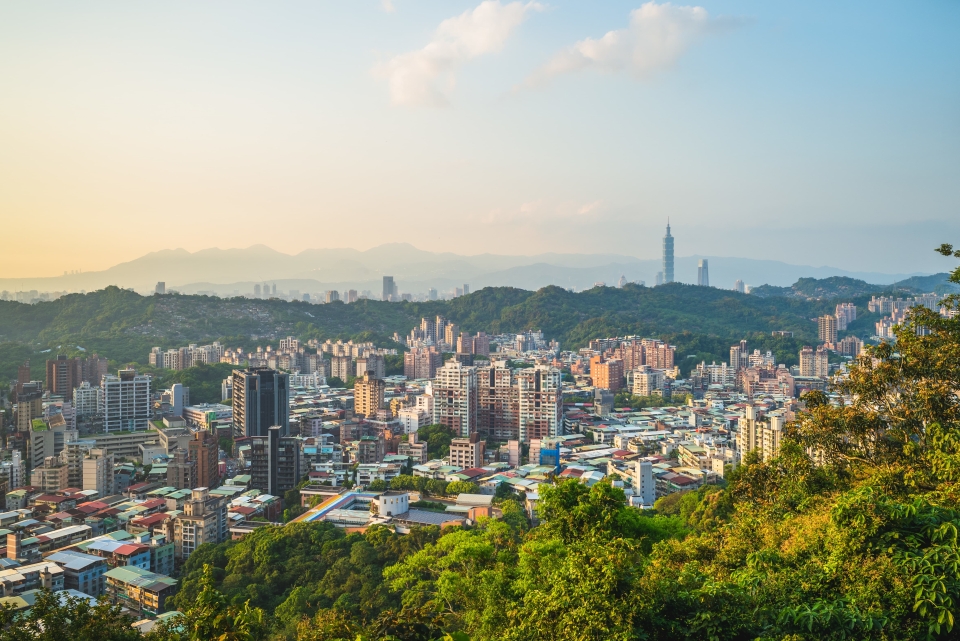COVID, water shortages test Taiwan and unveil vulnerabilities
2021/05/26 | By CENSAs Taiwanese chip manufacturers are struggling to buoy the global semiconductor supply shortage, Taiwan is taking blows from all sides: the worsening of the COVID-19 pandemic and the year-long drought that has hit multiple sectors: agriculture, commercial, and energy supply.
While the government is working hard to contain the epidemic, the shortage of water and electricity has highlighted Taiwan's vulnerability in the face of climate change and the long-term challenges posed by these vulnerabilities.
French company Natixis Asia-Pacific economist Wu Zhuo-yin said that in the medium term, energy and water are indeed key factors for Taiwan. Not only in terms of food security but also for seizing growth opportunities in the semiconductor industry and related investments,
Bloomberg reported that there are few places in the world like Taiwan whose fortunes have changed so drastically during the epidemic. At the beginning of 2021, the financial system and the stock market were booming, and locally transmitted cases were almost non-existent. The surge in infection cases has prompted the government to implement many restrictive measures. At the same time, water shortages have become more and more concerning.
The report pointed out that Taiwan's water shortage is the result of changes in the local climate over the years. According to data from the Taiwan Climate Change Adaptation Platform (TAP), from 1957 to 2006, climate change has extended the summer season by nearly a month, while winter was shortened by one month.
The average temperature has risen by about 1.3 degrees Celsius compared to a century ago, which is twice the temperature rise in the world. The report said Taiwan's average temperatures would continue to rise again by the end of this century.
KGI Investment Consulting economist Liu Chien-chi said the water shortage problem has existed for some time; it's not a recent issue. If Taiwan's power supply cannot meet the needs of major industries, then it's very likely that the country would see investment and export performances eroded by a lack of confidence.





